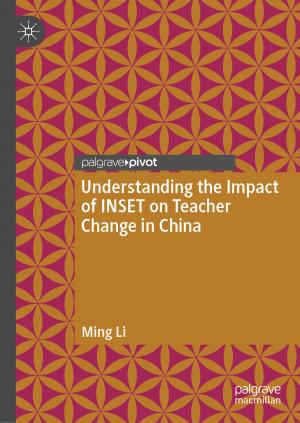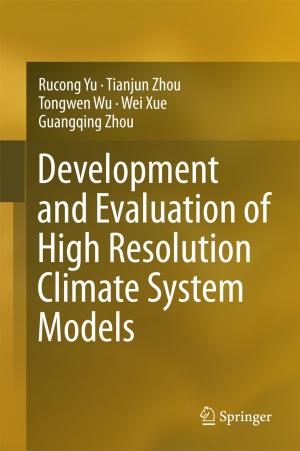Legitimation in a World at Risk
The Case of Genetically Modified Crops in India
Nonfiction, Social & Cultural Studies, Social Science, Anthropology, Sociology| Author: | E.L. Desmond | ISBN: | 9789811060656 |
| Publisher: | Springer Singapore | Publication: | October 24, 2017 |
| Imprint: | Palgrave Macmillan | Language: | English |
| Author: | E.L. Desmond |
| ISBN: | 9789811060656 |
| Publisher: | Springer Singapore |
| Publication: | October 24, 2017 |
| Imprint: | Palgrave Macmillan |
| Language: | English |
This book provides a sociological analysis of the controversy surrounding GM crops in Telangana, India. There is much debate as to whether GM technology holds the key to improving the welfare of poor farmers globally or serves primarily to increase the profits of multinational corporations while enhancing cultivator risk. Desmond’s study is located in the economically vulnerable and politically volatile district of Warangal in Telangana, a context associated with high numbers of farmer suicides. Uniquely foregrounding the perspectives of cultivators and the landless, Desmond explores how GM crops are variously legitimated and delegitimated in three Warangal villages by those whose livelihoods are at stake in the debate, but whose voices are rarely heard within it. This book will be significant for those with an interest in GM crops, power and knowledge and their relation to understandings of development, democracy and risk management worldwide.
This book provides a sociological analysis of the controversy surrounding GM crops in Telangana, India. There is much debate as to whether GM technology holds the key to improving the welfare of poor farmers globally or serves primarily to increase the profits of multinational corporations while enhancing cultivator risk. Desmond’s study is located in the economically vulnerable and politically volatile district of Warangal in Telangana, a context associated with high numbers of farmer suicides. Uniquely foregrounding the perspectives of cultivators and the landless, Desmond explores how GM crops are variously legitimated and delegitimated in three Warangal villages by those whose livelihoods are at stake in the debate, but whose voices are rarely heard within it. This book will be significant for those with an interest in GM crops, power and knowledge and their relation to understandings of development, democracy and risk management worldwide.















